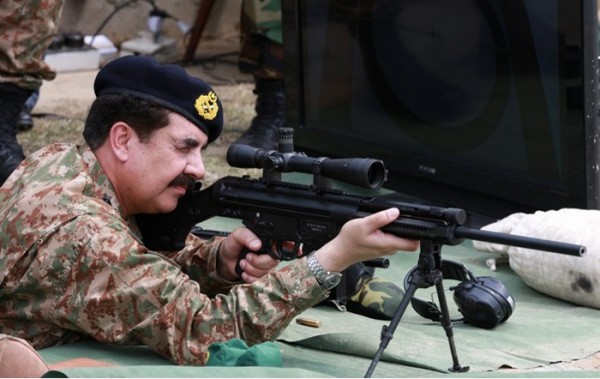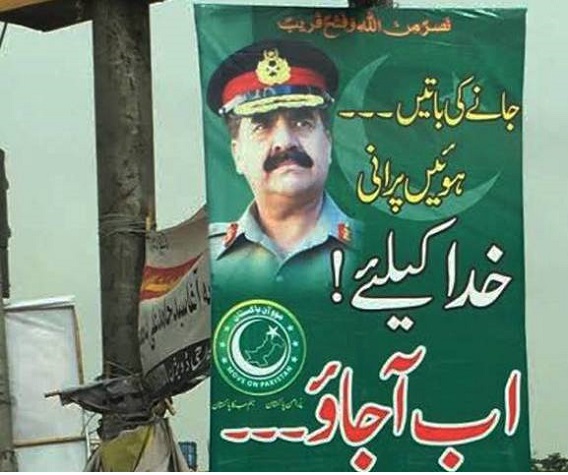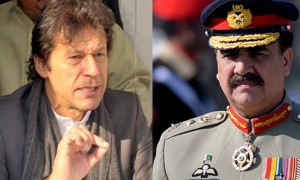Pakistan’s continuing ceasefire violations on the Indian border and other uncalled for and illegal actions against Indian people for several months now have gone beyond “skirmishes“ and are grave enough for the international community to condemn these actions and warn the country’s leadership.

Ever since the surgical strike by the Indian Special Forces caught the Pak military and political leadership off guard and left them red faced, there has been a concerted effort to divert public attention from the humiliation by provocative actions against India.
One of the most notable has been asking six diplomats posted at the Indian High Commission in Islamabad to leave the country arbitrarily and then releasing their photographs to the media. By this act, Pakistan broke all possible diplomatic norms and behaviour, strengthening the widely-held belief that the country was fast turning into an unpredictable and rogue nation. And with its over hundred nuclear weapons and terrorist infrastructure, there has never been a greater risk of a nuclear conflict than at present.
After the sharp, and painful rap following the terrorist attack on Uri army camp in India, the Pakistani military and political leadership have been smarting under an acute and humiliating embarrassment and have had no credible response to the public questioning. It was more so for the outgoing Army chief, General Raheel Sharif, a known India -baiter. He is about to retire this month but is keen on continuing the saddle for another term. His men had whipped up a social media wave about the General being the best hope for the country and his posters began appearing on streets of Pakistan long back.
The general consensus, orchestrated by the army’s more efficient publicity wing, ISPR, was that it would be difficult for Prime Minister Nawaz Sharif not to give in to the “popular demand“ for General Sharif’s extension. The General has also been making it doubly sure that the message went loud and clear to the political leadership. He has been making noises about corruption in the top political leadership, about the Panama papers which revealed a long trail of ill-gotten money being stashed away in tax free havens, and, of course, unleashing Sharif’s bete noire, Imran Khan, and his storm troopers on Islamabad.
A part of this grand plan was to carry out a few terrorist attacks in India, especially in Kashmir, and show both solidarity to the militants in Kashmir as well as harm the image of the Indian security forces. After provoking the misguided youth in Kashmir to hold the Valley to ransom with their flag waving and slogan shouting, the Generals at the GHQ decided to challenge the Indian security forces by carrying out select strikes on military installations.
What General Sharif did not anticipate was the reaction. He and his confidantes thought there would be the usual breast beating, noises on the telly and every one would go back to their routine before the next attack. But this expectation was shattered abruptly and shockingly one early morning when the Generals were woken up to be informed about the surgical strikes by the Indian forces.

General Sharif knew that the grand posters of his could fast become prime targets of public anger and all his ambitions would be buried unceremoniously. What really must have riled him is the fact staring at his face—that he would go down the history books as the General who lost to the enemy. His name would be taken with the name of General Tikka Khan who lost the game in 1971.
The humiliation was not General Sharif’s to bear alone; the entire army’s reputation was at stake. So the plan was to do everything possible to divert public attention, and try and humiliate India in all ways possible. The LoC firing is part of that plan.

Nothing, however, could eclipse the fact that the Generals were caught napping and no amount of bravado would see them through this humiliating experience.

Comments are closed.